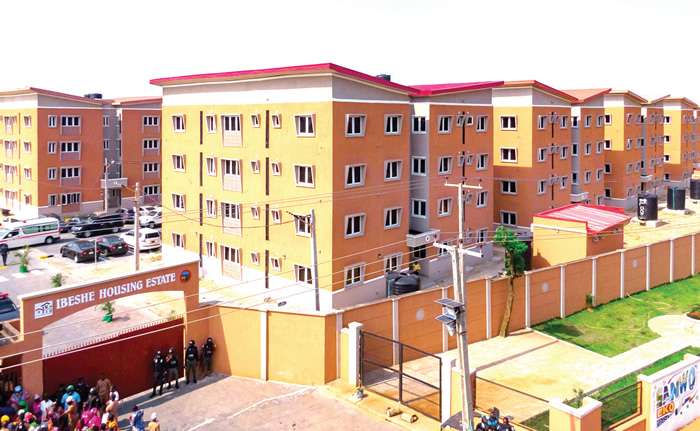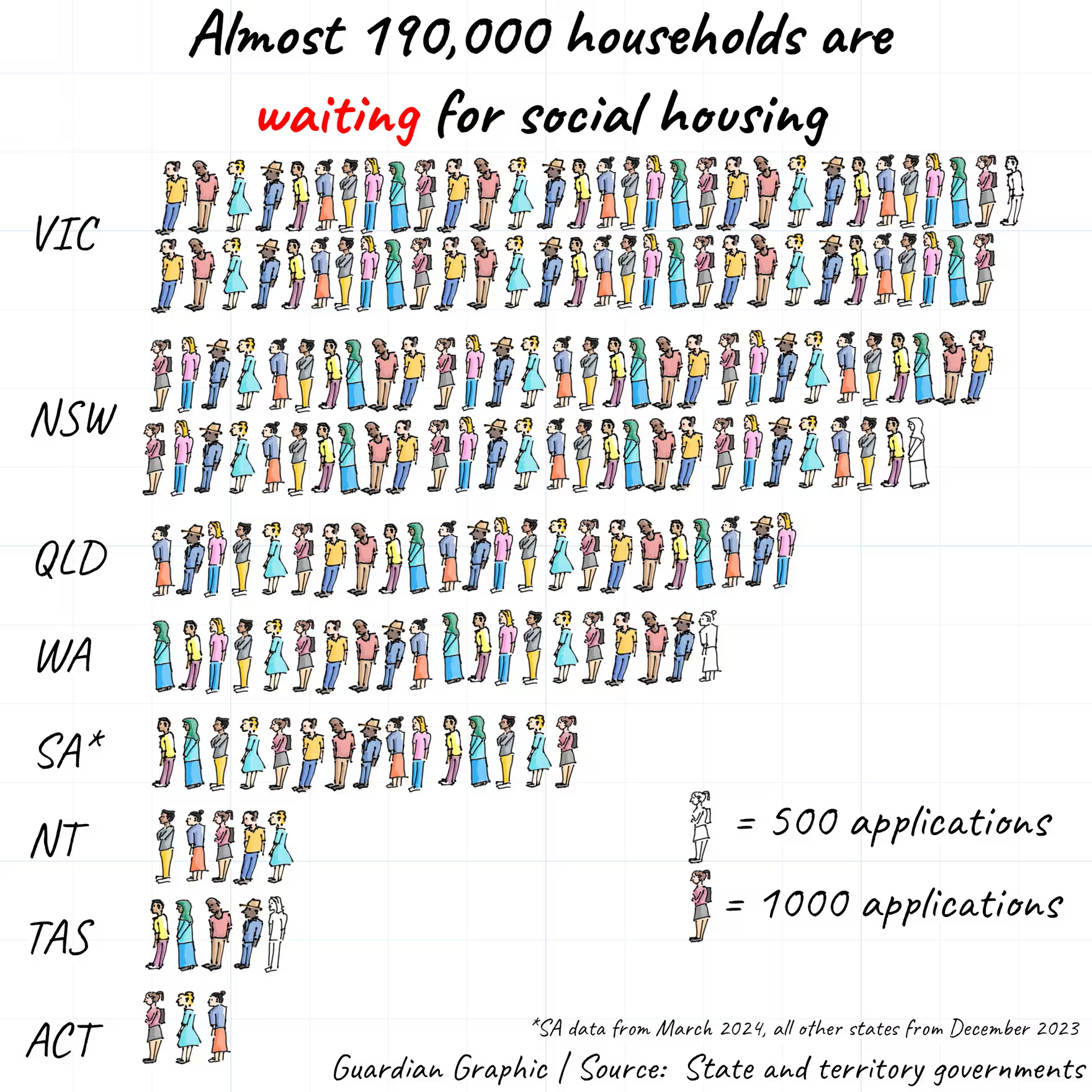Operators in the built industry have expressed concern that the top four presidential candidates have not prioritised housing in their electioneering campaigns.
The Executive Secretary of the Association of Housing Corporations of Nigeria, Toye Eniola, said the candidates of the People’s Democratic Party, All Progressive Congress, Labour Party, and the New Nigeria Peoples Party have failed to show commitment to housing in their agenda.
Eniola said, “All the presidential candidates obviously have not shown any sign of commitment to housing provision in all their campaigns. It was a mere mention in the manifestos released by leading parties. None of these candidates have been able to analyse how they intend to tackle the housing deficit in the country. “
The Chief Executive Officer, Interstates Architects, Olusegun Ladega, noted that there was a demand for urban housing due to unrestrained migration, which was compounded by the issues of land availability and high costs of urban land.
He said, “The result of issues of land availability and high costs of urban land is the mushrooming of poorly built houses in the urban areas in wanton disregard of physical planning regulations and extant codes and standards.
“So, I expect to hear from the candidates what their proposed mass housing strategies are as well as creating opportunities for people to realise their full potential outside the congested urban centres. I would like to hear of strategies from the candidates, not just blanket statements.”
While imploring the youths to strategically position themselves for electioneering campaigns, the Chief Executive Officer, Pelican Valley, Babatunde Adeyemo, charged the youths to pay attention to the manifestos of the front runners.
In an exclusive interview with The PUNCH, the realtor noted that no presidential candidate has shown any form of commitment to the provision of affordable housing if they win.
He said, “The aspirants know that everything they say in their manifestos will be used against them after they might have won. Most importantly, the 28 million housing deficit did not just accumulate overnight but over the years. Government cannot subsidise the price of iron in the market, labour, and land, among others.
“It will be very difficult for any of them to do that while campaigning because they know it will be held against them. This is why you see most of them base their campaigns on frivolities. All the gimmicks done during their campaigns were mere mechanisms of defence to distract and divert the elections of the electorates and the people.”
A policy analyst, Timi Olagunju, asserted that though the top candidates mentioned housing in their manifestos, how they intend to carry out their housing agendas was not well spelt out.
He said, “After a meticulous look at the 72-page manifesto of Peter Obi, the 115-page Manifesto of Atiku, the 80-page manifesto of Tinubu, and the manifesto of Rabiu Kwankwanso, I can state unequivocally that there was a mention of housing in the three leading presidential candidates’ manifestos. However, the challenge with the first of the three, on the one hand, is that he did not state ‘how’ he intends to reform the housing sector or/and give housing the robust and priority policy articulation that it needs and demands. For specific instances, Obi’s manifesto mentioned on page 44 and 47 that it will reward and unlock private funds to look towards affordable social housing and correct housing deficits and imbalance, but nothing more as to how.
“On the other hand, Tinubu on page 27 of his housing policy underscores public sector reforms in the area of housing, but barely touched on the roles of the private sector and how the government intends to robustly drive that sector (beyond banking and tax breaks) in ensuring affordable housing that addresses the housing imbalance in Nigeria.”
According to him, Kwankwanso’s manifesto spelt out its agenda and strategies on housing and environment with commitments towards ensuring every adult Nigerian owns a house, but there was nothing novel towards solving the housing inequality in the country.
He added, “It is very emphatic on the nexus between housing and environment, as well the role of the government and private sector in solving the housing imbalance but nothing innovatively novel or cutting edge in its approach towards the housing imbalance. Whereas, Atiku on page 36 of his manifesto proposes innovative ideas, mentioning reforms in housing infrastructure and housing financing through the private-public partnership model. He even mentions housing in relation to Persons With Disabilities. However, there is no mention of the link between housing and the environment or partnership with development partners such as non-governmental organisations in this frame, especially in an age where housing can only be driven by private, public, and development sector partnerships, not only private public partnerships.
“Of the four, three of the leading Presidential candidates touch on reforms of the Land Use Act, asides Peter Obi. While Peter Obi took no stand, Atiku’s policy looks capitalist, Tinubu approaches housing from a socialist, while Kwankwanso has a welfarist and sustainability approach.”
























![Green Building Materials Market Trends [2023-2030]](https://housingcable.ng/wp-content/uploads/2022/04/csrgreen-building_Cisco_04222022-218x150.png)









